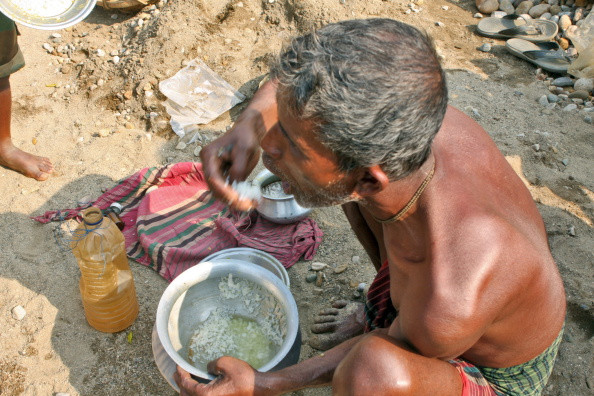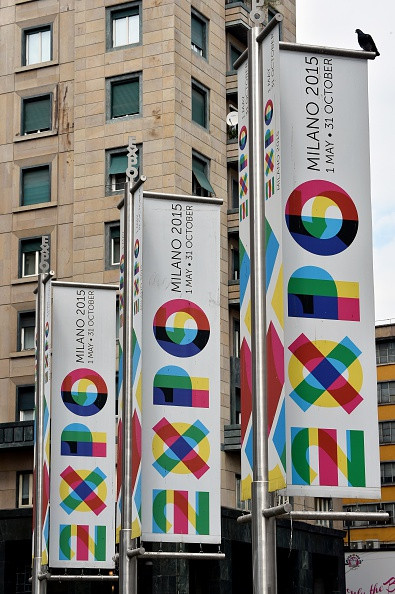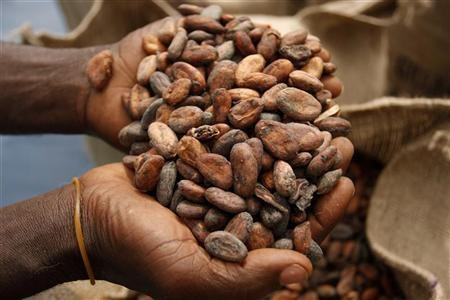Expo Milano 2015: 5 great ideas to create a sustainable planet

This year's Universal Exposition (Expo 2015) will be held in Milan from 1 May until 31 October. By following the theme Feeding the Planet, Energy for Life, 145 countries will show their commitment to creating sustainable ways of producing and delivering food across the globe while guaranteeing the safeguard of the planet.
The aim of the six-month-long exposition is to "create a unique experience for visitors, as protagonists, increasing their awareness of and seeking their participation in the drive for: the right to food that is healthy, safe and sufficient; the environmental, social and economic sustainability of the food chain; and the preservation of taste and of food culture."
IBTimes UK has chosen some of the best ideas that some of the countries will discuss during the exposition.
Bangladesh
The Bangladesh Rice Research Institute developed an entire range of rice varieties that are able to adapt to climate change.
The varieties were produced after reports warned the country's rice production could decline by 20% due to climate change.
Expo visitors can learn about rice as well as the country's agricultural environment by taking part in conferences, workshops and tasting Bangladeshi products.

Dominican Republic
The Dominican Republic is one of the countries that met the targets set by the Millennium Development Goal – issued by the UN in 1990 – that aims to eradicate poverty and hunger worldwide, and make primary education accessible for everybody by 2015.
By participating at the Expo, the country will share its practical experiences on how it managed to reach certain goals and lift thousands of people from extreme poverty.In particular, the nation will focus on how to tackle hunger. It will also explain its cultivation methods for coffee beans and speak about its increasing production of organic beans.
Brazil
Brazil aims to "feed the world with solutions" by showing in its 4,133sq m pavilion how its cultivation and production technologies have improved over the years by adapting to various natural, climatic and cultural conditions.
According to the Expo's official website, Brazil's participation is based on three key points: "Technological, underscoring its development and reliability as a potential technology partner that is both innovative and efficient; cultural, highlighting its plurality through a range of typical products; and social, guaranteeing global, healthy food that is accessible to all."
Bolivia
Bolivia believes the production of quinoa could be the answer to hunger as organic cultivation could benefit small communities and thousands of families across the globe.
At the Expo 2015, Bolivia will explain all the nutritional benefits of quinoa and show its genetic varieties and cultivation methods that can contribute to the reduction of starvation worldwide.

Cameroon
Cocoa is one of Cameroon's most exported products. By taking part in the exposition at the Cocoa Cluster, the country aims to show how people can benefit from cocoa products – ranging from food to cosmetics and fertilisers – and engage in conversations that promote a global yet sustainable production of cocoa.
Find out more about Expo 2015.
© Copyright IBTimes 2025. All rights reserved.




















